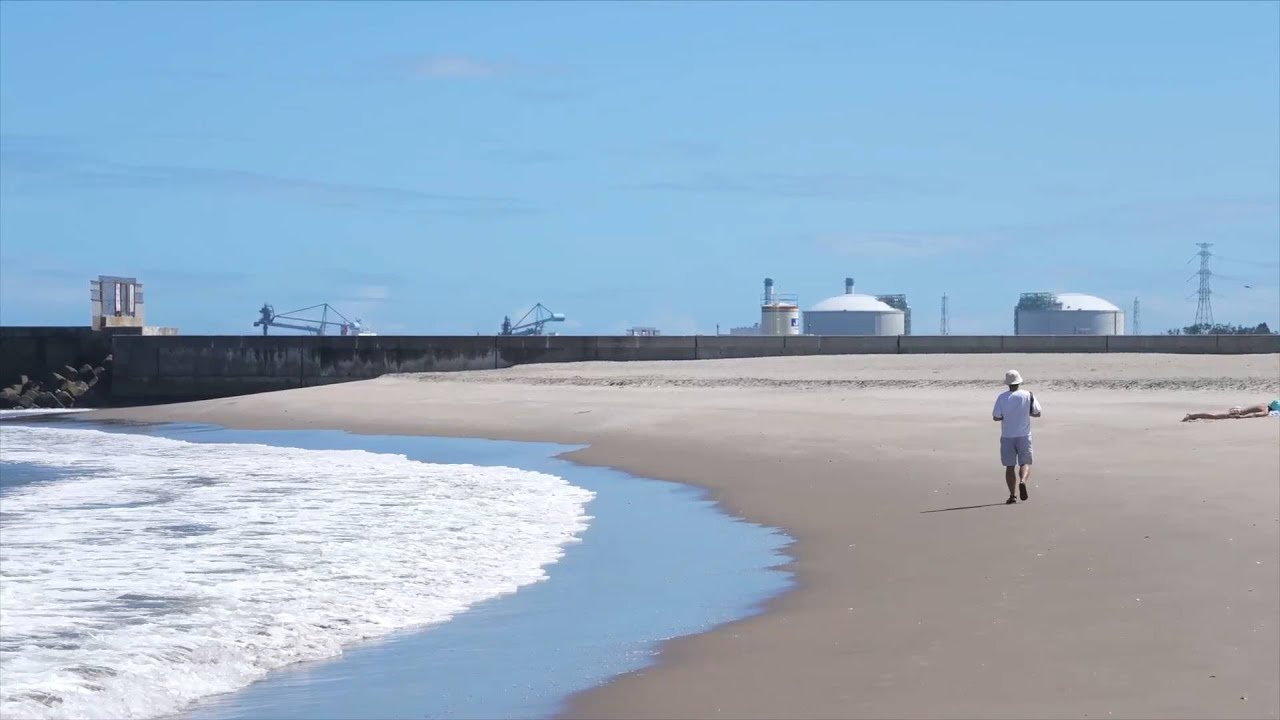“If people eat this kind of contaminated food, it will affect the health of millions and millions of people, for many, many years.” Observers say Japan’s discharging of nuclear-contaminated water into the ocean may pose long-term threats to human health and the marine environment.



deleted by creator
Fukushima was a nuclear disaster, suffering three nuclear meltdowns. The water has become contaminated and radioactive after coming into contact with the nuclear core. No other nuclear plant in the world is doing that. Greenpeace Japan lists other isotopes in Fukushima nuclear contaminated waste water including but not limited to strontium-90, which causes bone cancer
deleted by creator
IAEA says “Views expressed in this document do not necessarily reflect those of IAEA member states”
It’s safe to say that this is Japanese Govt. decision, IAEA has no bearing the the final decision
deleted by creator
This is the best explanation I’ve seen so far about this.
How would vapor release have been better? That just sounds like choosing to release it into the atmospheric global commons instead of the oceanic global commons, so people would make the same complaints. Is there any data showing expected radiation dispersal in the air vs the ocean?
deleted by creator
I think another part of their concern with different isotopes was the source of the tests. The company responsible for testing is also the owner of the power plant. As shown so many times in the past, we can always fall back on our trust in parties with a conflict of capital interest.
deleted by creator
This is quite enlightening, thank you!
deleted by creator
I figured out a better search engine term for the topic and found some info on it. Seems to all check out.
deleted by creator
I thought that the controversy was because the Fukushima wastewater made contact with the exposed core of the nuclear plant. This introduced — not only more dangerous isotopes — but also greater amounts of it, compared to regular wastewater.
deleted by creator